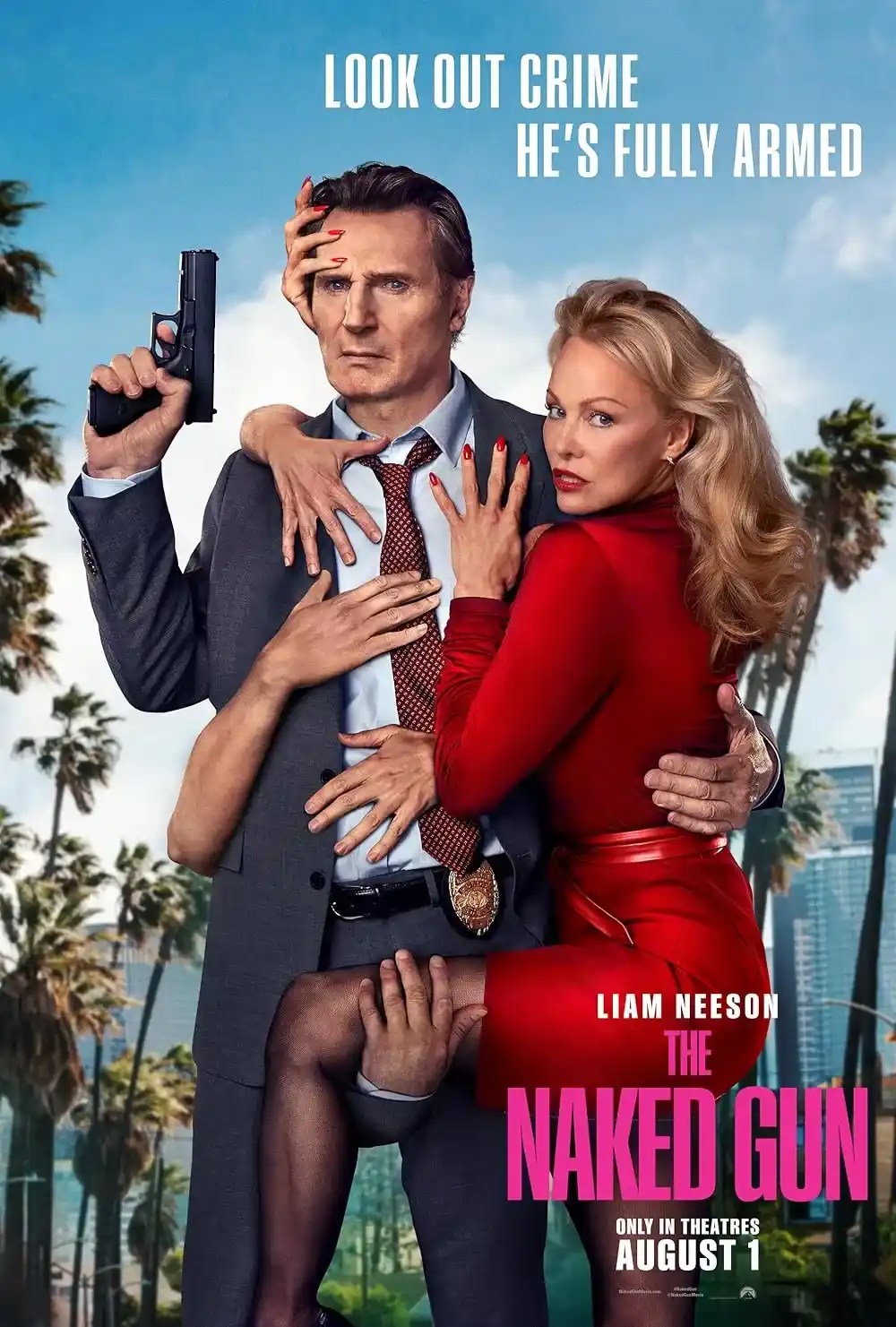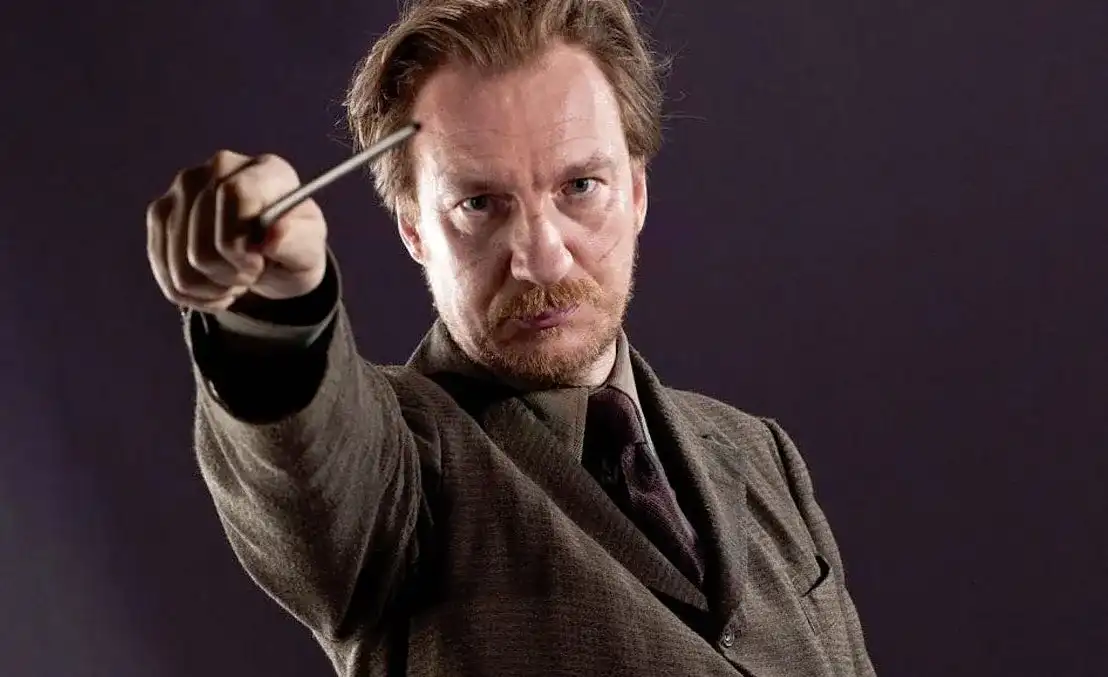Ah, The Naked Gun. The 2025 reboot/revival/sequel/whatever-you-want-to-call-it is finally here, and it’s reminding audiences why slapstick, pratfalls, and over-the-top police antics are timeless… or at least, timeless-ish. Critics are split, audiences are laughing, and somewhere, Leslie Nielsen’s ghost is probably shaking his head with approval.
If you’ve ever wondered what it’s like to watch chaos unfold on screen while laughing so hard you almost spill your popcorn, The Naked Gun (2025) is your answer. Critics describe it as “expertly paced” and full of “comic nonsense,” while others acknowledge it as a “movie of many smiles” that doesn’t quite match the original’s brilliance. Regardless, it has been described as one of the most consistent comedies of 2025, and there’s a reason for that: it knows exactly what kind of laughter it wants to deliver.
In this blog, we’ll explore everything about the 2025 installment — from plot madness to slapstick brilliance, performance highlights, and why you might end up watching it twice just to catch all the subtle jokes buried in plain sight.
Comic Nonsense? Absolutely.
If there’s one thing everyone agrees on, it’s that The Naked Gun (2025) is expertly paced. Not like a thriller-paced, edge-of-your-seat kind of expertly paced — no, this is expertly paced nonsense.
The film is a nonstop rollercoaster of absurdity, featuring chase sequences that defy physics, one-liners so pun-heavy they could make your ears bleed, and sight gags that make you question how anyone in the production survived filming. Critics call it “full of comic nonsense,” which is movie critic shorthand for: bring popcorn, suspend disbelief entirely, and don’t try to follow the logic too closely.
Every frame is meticulously designed to trigger laughter, groans, and sometimes a combination of both. Even minor characters receive their own micro-storylines, usually involving slipping on wet floors, accidentally setting off alarms, or being launched out of improbable situations.
Many Smiles… and Some Raised Eyebrows
Other critics noted that it’s a “movie of many smiles” — and they’re not wrong. Watching this film is like eating a giant bag of candy: sweet, fun, occasionally sticky, and maybe slightly overwhelming if consumed all at once.
Yes, some purists might sigh that it “fails to match the original’s brilliance,” but let’s be honest: the original came out decades ago, and nostalgia casts a long shadow. Comparing the 2025 version to Leslie Nielsen’s deadpan perfection is a bit unfair, but that doesn’t mean it can’t stand on its own merits — namely, the chaotic energy, relentless jokes, and bold commitment to slapstick comedy.
Even when jokes flop, they flop with style. There’s a charm in the absurdity, a sort of deliberate over-the-top approach that signals to the audience: we know this is ridiculous, and we’re having a blast. That kind of self-awareness is exactly why so many viewers end up laughing even when a joke teeters on the edge of nonsense.
The Plot: Sort of There
Trying to summarize the plot is like trying to explain a dream you barely remember — but here’s the general gist:
- Frank Drebin (reborn for a new generation) bumbles through police work with all the clumsiness of a man whose primary weapon is his oblivious confidence.
- Chase sequences abound, featuring exploding cars, runaway shopping carts, and occasional random fireworks.
- Wordplay runs rampant, from puns to absurdly literal jokes that make you wonder who is responsible for the script and if they’re secretly geniuses.
- Somehow, everyone survives, against all odds and reason. Somehow, it all makes sense… kind of.
By the time the credits roll, your brain might feel slightly exhausted, but your cheeks will hurt from smiling — which is the ultimate goal of a Naked Gun movie.
Why 2025 Needed This Kind of Comedy
In a cinematic landscape dominated by superhero epics, dystopian franchises, and emotional tear-jerkers, The Naked Gun (2025) is a refreshing reminder that laughter doesn’t always have to be sophisticated.
The movie thrives on chaos, absurdity, and pure unpredictability. It reminds us that sometimes the best way to escape modern life is to watch a cop slip on a banana peel, misunderstand a villain’s plan, or accidentally trip a security system in a mall.
Critics’ mixed reviews reflect the challenge of comparing nostalgia with new interpretations: some view it as a worthy continuation of a beloved franchise, others as a pale imitation of the original. Yet there’s something undeniably impressive about a comedy that maintains a consistent commitment to laughter in every frame.
Strong Performances Make the Madness Work
One of the biggest strengths of The Naked Gun (2025) is its cast. The new Frank Drebin actor shoulders the challenge of stepping into Nielsen’s oversized shoes with surprising success. While he doesn’t replicate Nielsen’s iconic deadpan, he brings a fresh energy that fits the film’s chaotic tone.
Supporting actors shine in their respective absurd roles, ensuring that the joke machine keeps running smoothly. From police chiefs to minor background characters, everyone gets at least one moment to steal the spotlight — often by falling, screaming, or accidentally starting a minor disaster.
The cast’s timing and commitment are key. Slapstick comedy only works when actors fully buy into the ridiculousness, and this ensemble does just that, delivering punchlines and pratfalls with precision and enthusiasm.
Visuals, Soundtrack, and Cinematic Craft
Even though it’s a comedy, The Naked Gun (2025) has surprisingly clever visual work. Director insert-director-name (replace with actual) uses camera angles to enhance the absurdity, from perfectly timed slow-motion slips to chaotic pan shots during chase sequences.
The soundtrack also contributes to the hilarity. Quirky musical cues emphasize each pratfall, chase, and ridiculous scene transition. When a character trips or narrowly avoids disaster, the music accentuates the comedy like a mischievous partner in crime.
The film’s design is chaotic but deliberate, reflecting its genre: part parody, part homage, part entirely new nonsense. Audiences are invited to look for visual jokes hidden in background signs, fleeting interactions, or even the random placement of objects in a room — and those who notice are rewarded with extra laughs.
Critics’ Split: Why Opinions Vary
Critics are divided, and their reviews tell you a lot about what to expect:
- Positive Reviews: Praised for pacing, comic timing, and sheer audacity. Many noted that even when jokes fall flat, the movie never loses momentum. The energy is infectious, making it one of the most consistent comedies of 2025.
- Negative Reviews: Some argue that it fails to capture the original’s brilliance, or that certain gags feel forced. Purists may be frustrated by nostalgia comparisons, while casual viewers may occasionally feel overwhelmed by the relentless absurdity.
Ultimately, the split reflects the challenge of rebooting a beloved classic: pleasing fans of the original while entertaining a new audience requires both reverence and rebellion.
Why You Should Watch It Anyway
Here’s the truth: if you’re looking for a thoughtful, quiet drama, this is not your movie. But if you want:
- Endless laughs,
- Ridiculous scenarios,
- Slapstick chaos,
- Puns that will make you groan in delight,
…then The Naked Gun (2025) is your perfect Saturday night.
Even when the jokes don’t land, the film’s charm comes from its sheer audacity. It refuses to take itself seriously, and that willingness to embrace nonsense is rare in today’s cinematic landscape.








